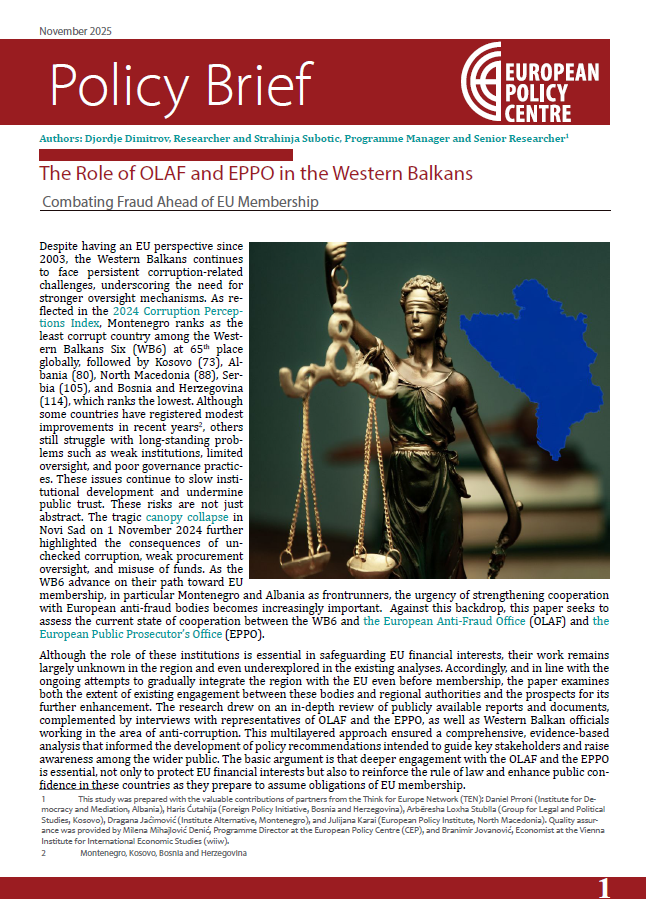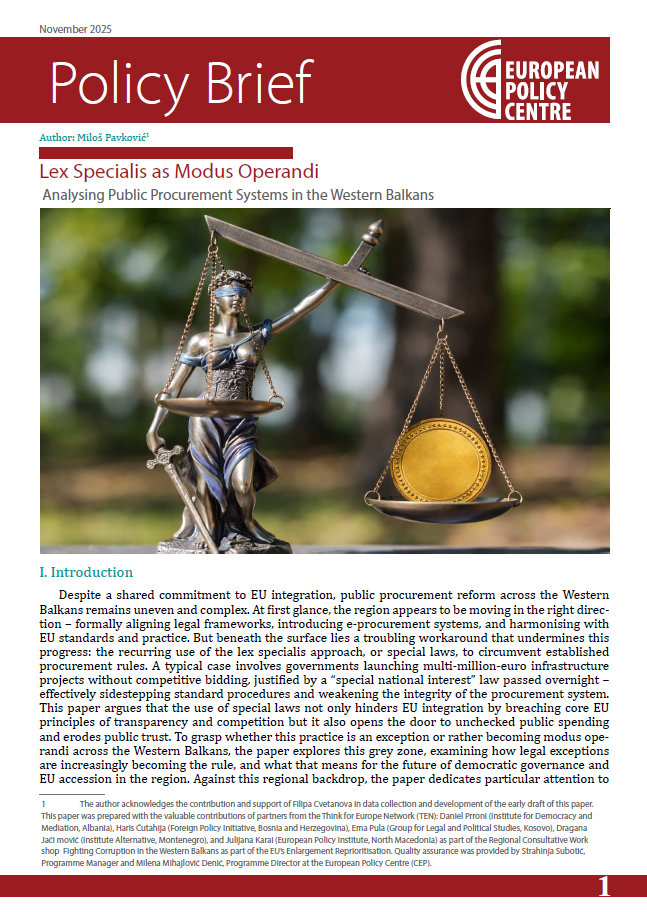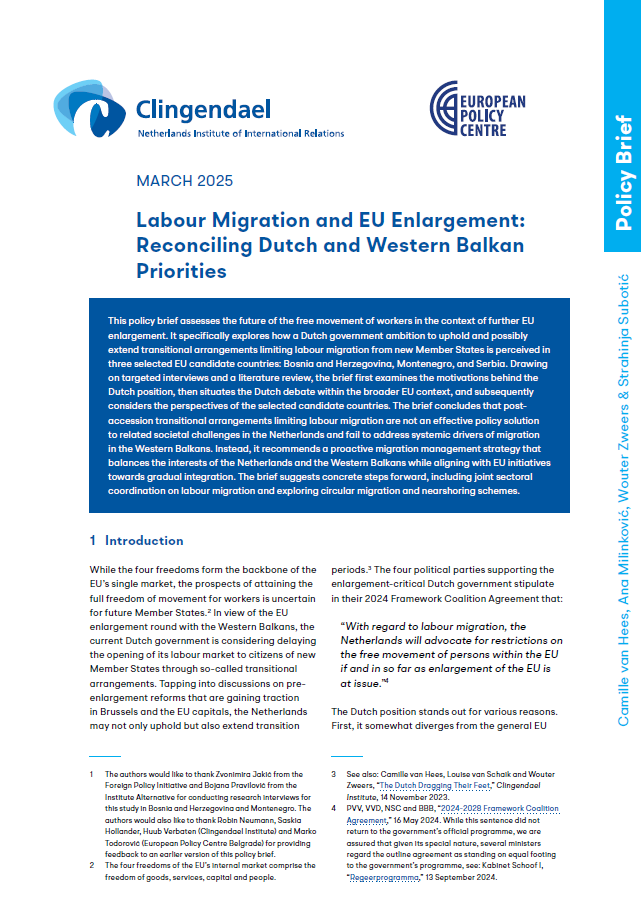Headquarters: Svetog Nauma 7, 11000
Office address: Đorđa Vajferta 13, 11000
Phone:: +381 11 4529 323
The state administration has been reforming for almost two decades, since 2004. With the adoption of the new strategic framework in 2021, it seems that the reform has gained a new momentum, with a greater orientation towards citizens and the economy.1 Not stopping at such a generally defined goal, the Public Administration Reform (PAR) Strategy offers an even more specific commitment towards the administration as a customer centre, that provides user-oriented services that are reasonably priced, while taking care of minority and vulnerable groups.
Despite such a far-reaching goal, the available data indicate that there is still a lack of sensibility of the administration for the needs of the citizens, especially for the vulnerable and endangered. Also, the data points to the uneven accessibility of jobs positions in the state administration – an aspect that the PAR Strategy does not deal with. If all citizens do not get the opportunity to access services, information and public facilities, not only the success of the PAR is put into question, but also the existence of an inclusive society and the exercise of human rights. Likewise, enabling persons belonging to vulnerable groups to get a job in the civil service, i.e., state administration bodies, should be one of the ways in which the reform can contribute to greater accessibility of the administration to everyone, within the broader social aspirations to reduce discrimination and respect different social needs.
Numerous international obligations and regulations of the Republic of Serbia require equal access and treatment of all persons who perform business with public authorities. The United Nations Convention on the Rights of Persons with Disabilities, to which Serbia is a signatory, unequivocally stipulates that states provide equal access to institutions and services intended for the public, that is, promote the possibility of employment, including in the public sector.4 Also, according to the current legislation in Serbia, everyone has the right to equal access and equal protection of rights before courts and public authorities, and any discriminatory behaviour by a public official in a public authority is prohibited.5 In addition, employers in the public sector are obligated to provide equal employment opportunities for employment regardless of sex, gender and family status, while paying due attention to the equality of vulnerable social groups. It is particularly important to emphasise that discrimination against persons with disabilities before a public authority is considered to be administrative conduct that prevents or hinders the realisation of rights, as well as that discrimination regarding the availability of services and access to facilities in public use is prohibited.
Although PAR in Serbia is not only a long-term, but also a continuous development process that needs to be constantly adapted to new circumstances, it cannot yet be said that, as a result of this reform, we are closer to the aforementioned normative principles or dispositions, at least when it comes to the accessibility of state administration. This brief presents some of the problems with access to services, facilities, and jobs of the state administration, based on data from the WeBER PAR Monitor 2021/2022, the Commissioner for the Protection of Equality, and other relevant sources.


